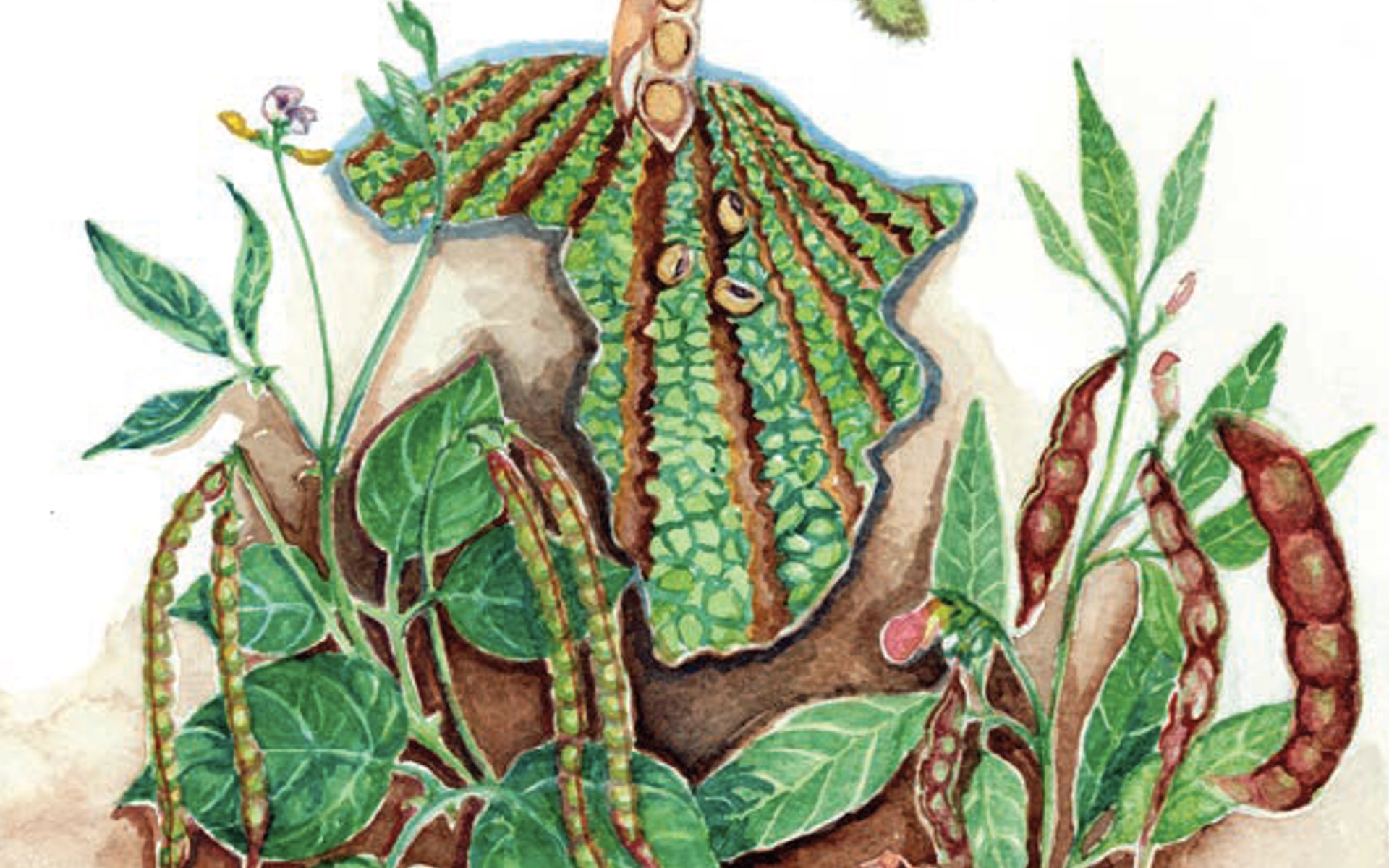Latest Resources

8 September 2018
The Arusha Protocol and Regulations: Institutionalising UPOV 1991 in African seed systems and laws
In the recently published discussion document by the African Centre for Biodiversity titled, The Arusha Protocol and Regulations: Institutionalising UPOV 1991 in African seed systems & laws, authors Linzi Lewis and Mariam Mayet attempt to provide an updated, and holistic critique of the Arusha Protocol for the Protection of New Varieties of Plants read together […]

5 April 2018
A tale of neo-apartheid plans, dodgy dealings and corporate capture: Government support to South ...
Press Release from the African Centre for Biodiversity Johannesburg, Thursday 5 April 2018 Limited transparency, weak accountability, and capture by corporations and politically-connected individuals. These are features of the current South African landscape found in government’s smallholder farmer support programmes, according to a research report by African Centre for Biodiversity (ACB) released today. The report, […]

23 February 2018
Face to Face: African CSOs confront ARIPO, SADC over Draconian Harmonised Seed Laws
The ACB has the pleasure of sharing with you a short 5-minute video of the Southern African seed law and seed sovereignty dialogue, Face to Face: African CSOs confront ARIPO, SADC over Draconian Harmonised Seed Laws, co-hosted by the ACB in partnership with PELUM-Zimbabwe, which took place in Harare, Zimbabwe, 28-30th June 2017. Please watch […]

24 January 2018
Green Innovation Centre in Zambia: Fighting Hunger through Corporate Supply Chains?
The study “Green Innovation Centre in Zambia: Fighting Hunger through Corporate Supply Chains?” is a joint publication by Rosa Luxemburg Stiftung and African Centre for Biodiversity. It discusses the Green Innovation Centre (GIC) project of the German government, its approach and its impact. The development concept behind the GIC is farming as a business, focusing […]

15 January 2018
Status report on the SADC, COMESA and EAC harmonised seed trade regulations: Where does this leav...
The Status Report on the SADC, COMESA and EAC harmonised seed trade regulations: Where does this leave the regions’ smallholder farmers? researched and written by Linzi Lewis and Sabrina Masinjila of the African Centre for Biodiversity (ACB), provides a brief background and status update on efforts by regional economic communities to harmonise seed trade and […]

15 June 2017
The GM maize onslaught in Mozambique: Undermining biosafety and smallholder farmers
A new report from the ACB, “The GM maize onslaught in Mozambique: Undermining biosafety and smallholder farmers” written in conjunction with Acção Academicapara o Desenvolvimento das Comunidades Rurais (ADECRU) has been released today. It provides an analysis of the changes made to Mozambique’s biosafety legislation in order to allow for field trials of genetically modified […]

13 February 2017
Bayer-Monsanto merger: An existential threat to South Africa’s food system
In December 2016 Monsanto shareholders voted in favour of the sale of the company to Bayer for US$66 billion, making it the largest-ever foreign corporate takeover by a German company. Both Bayer and Monsanto are major global manufacturers of agrochemicals and seeds, including genetically modified seed. A merged entity would be the world’s largest supplier […]

13 January 2017
Hands OFF Our Food Systems! Small Farmers NOT Corporates Feed Africa
This lobby paper Who will feed Africans: Small-scale farmers not corporations! produced by the partnership between FoEA and ACB, makes the compelling case for African agriculture to transition towards agroecology and food sovereignty, recognising and strengthening the role of small scale farmers, rather than benefiting few large scale corporations with detrimental ecological, socio-economic, and nutritional […]

29 August 2016
N2 Africa, the Gates Foundation and Legume commercialisation in Africa
This report considers the N2Africa programme, which aims to develop and distribute improved, certified legume varieties (soya, common bean, groundnut and cow pea); promote and distribute inoculants and synthetic fertiliser; and develop commercial legume markets for smallholder integration in 13 countries in sub-Saharan Africa: Tanzania, Uganda, Ethiopia, Nigeria, Ghana (core countries); Kenya, Rwanda, Democratic Republic […]

13 July 2016
Soil fertility: Agroecology and not the Green Revolution for Africa
This synthesis report summarises ACB’s research on the Green Revolution push in Africa, based on fieldwork conducted in Malawi, Mozambique, Tanzania, Zambia and Zimbabwe over the past three years. The research indicates that the promotion of synthetic fertiliser use in Africa is only a short-term fix for enhancing soil fertility on the continent. In the […]
